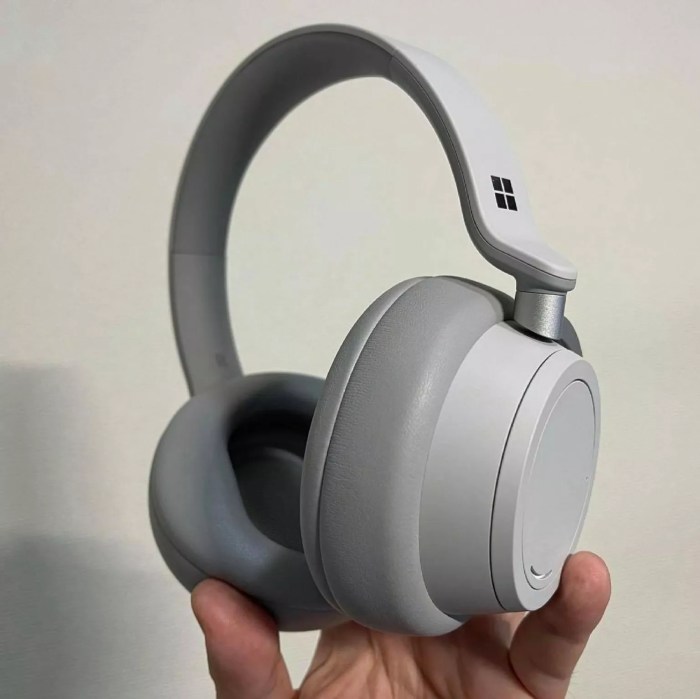Best car resale value is a crucial consideration for any car owner looking to maximize their investment. Understanding the factors influencing how much your vehicle will fetch on the market can help you make informed decisions. This involves everything from brand reputation and mileage to timing your sale effectively.
With the automotive market constantly changing, knowing which brands hold their value best and when to sell can save you significant money. By exploring these elements, you can better navigate the complexities of car ownership and ensure you’re getting the most out of your resale experience.
Definition of Resale Value

Car resale value refers to the amount of money a vehicle is expected to be worth when it is sold after a certain period of ownership. This value is crucial for car owners both for financial planning and understanding the depreciation of their asset. The resale value can significantly influence decisions regarding trade-ins, upgrades, or purchasing new vehicles.
Several factors affect this value, including the car’s make and model, age, mileage, condition, and even market demand. For instance, a car brand known for reliability will typically maintain a higher resale value compared to a brand with a reputation for frequent repairs. According to recent statistics, luxury brands like Tesla and Lexus often achieve higher resale values, averaging around 60% of their original price after three years, while non-luxury brands hover around 50%.
Factors Influencing Best Car Resale Value
The resale value of a car is influenced by various factors, which can impact the total price a seller can expect upon selling their vehicle. Key aspects include:
- Mileage: Higher mileage usually leads to a lower resale value, as it indicates more wear and tear on the vehicle.
- Brand Reputation: Cars from manufacturers known for reliability and quality often maintain better resale values.
- Condition: A well-maintained vehicle in excellent condition will fetch a higher price than a car that has been neglected.
- Market Demand: The popularity of certain models can affect resale values significantly; vehicles that are in high demand will typically sell for more.
Best Car Brands for Resale Value
Certain car brands are recognized for their exceptional resale values, making them attractive options for buyers and sellers alike. Some of the top brands include:
- Tesla
- Subaru
- Lexus
- Honda
- Toyota
When comparing the resale values of luxury versus non-luxury brands, luxury brands often have a higher initial purchase price, but they also tend to retain their value better. For example, a luxury SUV might depreciate at a slower rate than a standard sedan, primarily due to its features and brand appeal.
Model popularity plays a pivotal role in determining resale values. For instance, a highly sought-after model like the Honda CR-V or Toyota RAV4 will often hold its value better than less popular models.
Timing and Market Trends, Best car resale value
Timing is critical when it comes to selling a car for optimal resale value. The best time to sell typically aligns with seasonal trends, such as spring and summer, when demand for used cars tends to be higher.
Market trends can also affect resale values; for example, during economic upturns, consumers are more inclined to purchase vehicles, leading to higher prices. Conversely, during economic downturns, prices may drop, affecting resale values negatively.
Seasonal trends reveal that convertibles and sports cars often experience a surge in demand during warmer months, while four-wheel-drive vehicles see increased interest in winter.
Maintenance and Condition
Regular maintenance is key to enhancing a vehicle’s resale value. Keeping up with scheduled service, oil changes, and tire rotations can prevent larger, costly repairs in the long run.
To keep a car in resale-friendly condition, consider the following checklist:
- Regular oil changes and fluid checks
- Keep the interior clean and free of damage
- Maintain exterior appearance with washes and wax
- Address minor repairs promptly
- Document all maintenance and repairs
Accidents and repairs can drastically affect resale value. A vehicle with a clean history tends to command a higher price compared to one that has been involved in significant accidents.
Tips for Maximizing Resale Value
To prepare a car for resale effectively, sellers should take several strategic steps. These include:
- Detailing the car to improve its appearance.
- Collecting all documentation and service records for potential buyers.
- Addressing necessary repairs or upgrades to enhance value, such as replacing worn tires or updating the sound system.
Providing potential buyers with a complete vehicle history report can also build trust and justify the asking price.
Valuation Tools and Resources

Valuing a car’s resale price can be simplified through various online tools. Websites like Kelley Blue Book, Edmunds, and NADA Guides provide reliable estimates based on current market data.
To use these tools effectively, sellers should input accurate information regarding their vehicle’s make, model, year, mileage, and condition. This data allows for a more precise valuation, tailoring the estimate to the car’s specific circumstances.
Comparing different platforms can also yield varied results, so it’s advisable to check multiple resources to ensure a fair assessment of the car’s value.
Common Misconceptions About Car Resale Value
Several myths surround car resale values, leading to misunderstandings among sellers. For instance, many believe that a car’s original purchase price directly correlates with its resale value, which is not always the case.
Insights into what truly impacts a car’s resale value include factors such as demand, upkeep, and market conditions. Common mistakes sellers make include overestimating their vehicle’s worth based on emotional attachment or neglecting to prepare the car adequately for sale.
Selling Strategies
Different strategies for selling a car can yield varying results. Selling privately often allows for higher returns compared to trading a vehicle in at a dealership, which may offer lower prices.
Utilizing professional appraisal services can help sellers understand their vehicle’s market position and justify their asking price to potential buyers.
Negotiating the best price requires research and knowledge of the vehicle’s value, as well as an understanding of the local market trends. Being prepared to walk away or hold out for a better offer can also prove beneficial.
Regional Variations in Resale Value
Geographical location can significantly affect car resale values. For instance, certain models may perform better in urban areas where compact cars are favored, while trucks and SUVs might be more desirable in rural regions.
Specific models often see varying success based on local market demands; for example, electric vehicles might have higher resale values in regions with a strong environmental focus and supportive infrastructure.
Understanding local trends and consumer preferences is essential for accurately assessing a vehicle’s potential resale value in different areas.
Epilogue: Best Car Resale Value

In summary, obtaining the best car resale value is about more than just selling your vehicle; it’s a blend of strategic planning, market knowledge, and proper maintenance. By applying the insights discussed, you can enhance your car’s worth and approach the selling process with confidence. Remember, a well-prepared car and a smart selling strategy can lead to significant financial rewards.